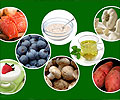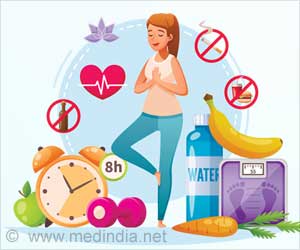Hundreds of tonnes of salmon containing illegal levels of dioxin has been sold to the European countries, causing a ban on exporting fatty fish.

But only a small part of the 250 tonnes caught annually is consumed in Sweden, where the product can be sold legally provided it comes with a warning it should be consumed in moderation.
Children and pregnant women are advised to eat the fish no more than three times a year.
"In contrast to the horsemeat scandal, the fish has long-term effects on people's health and they are serious," Pontus Elvingsson, an inspector at Sweden's National Food Agency, told public broadcaster SVT.
Swedish municipalities have reported two companies to the police for exporting hundreds of tonnes of Baltic Sea salmon to France and Denmark, where it was sold to other European countries, the broadcaster said.
Finland and Latvia have also negotiated exemptions from the EU ban for domestic consumption.
Advertisement
"Nobody told us it was illegal," chief executive Francois Agussol said, adding that the company's own tests had indicated no problems with the product.
Advertisement













